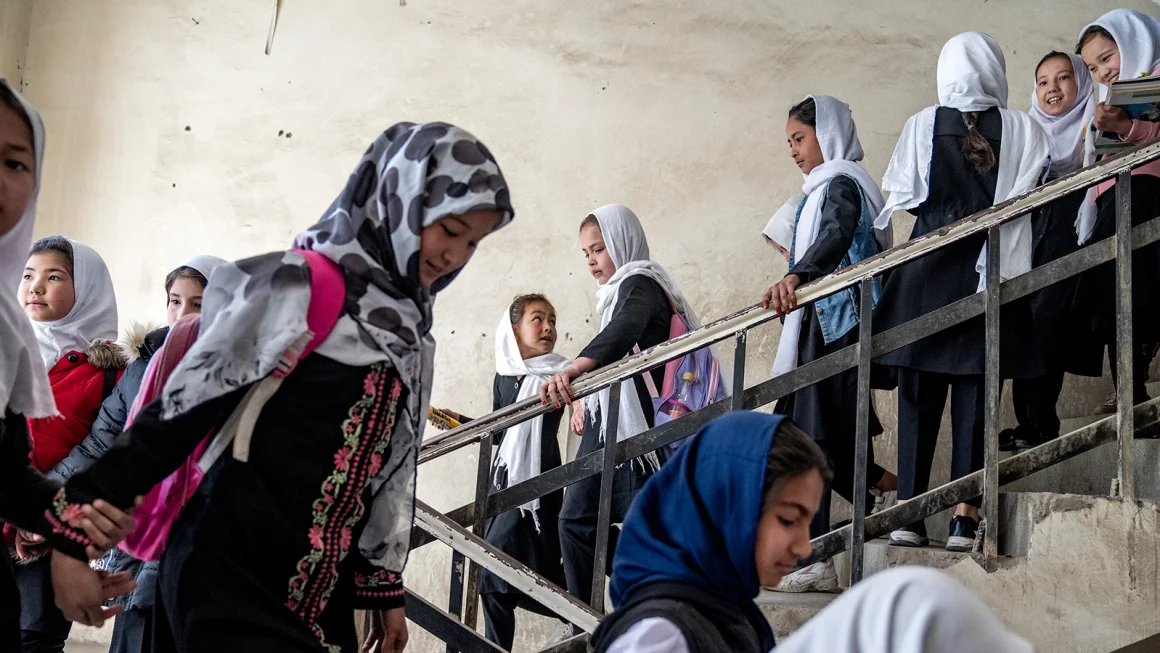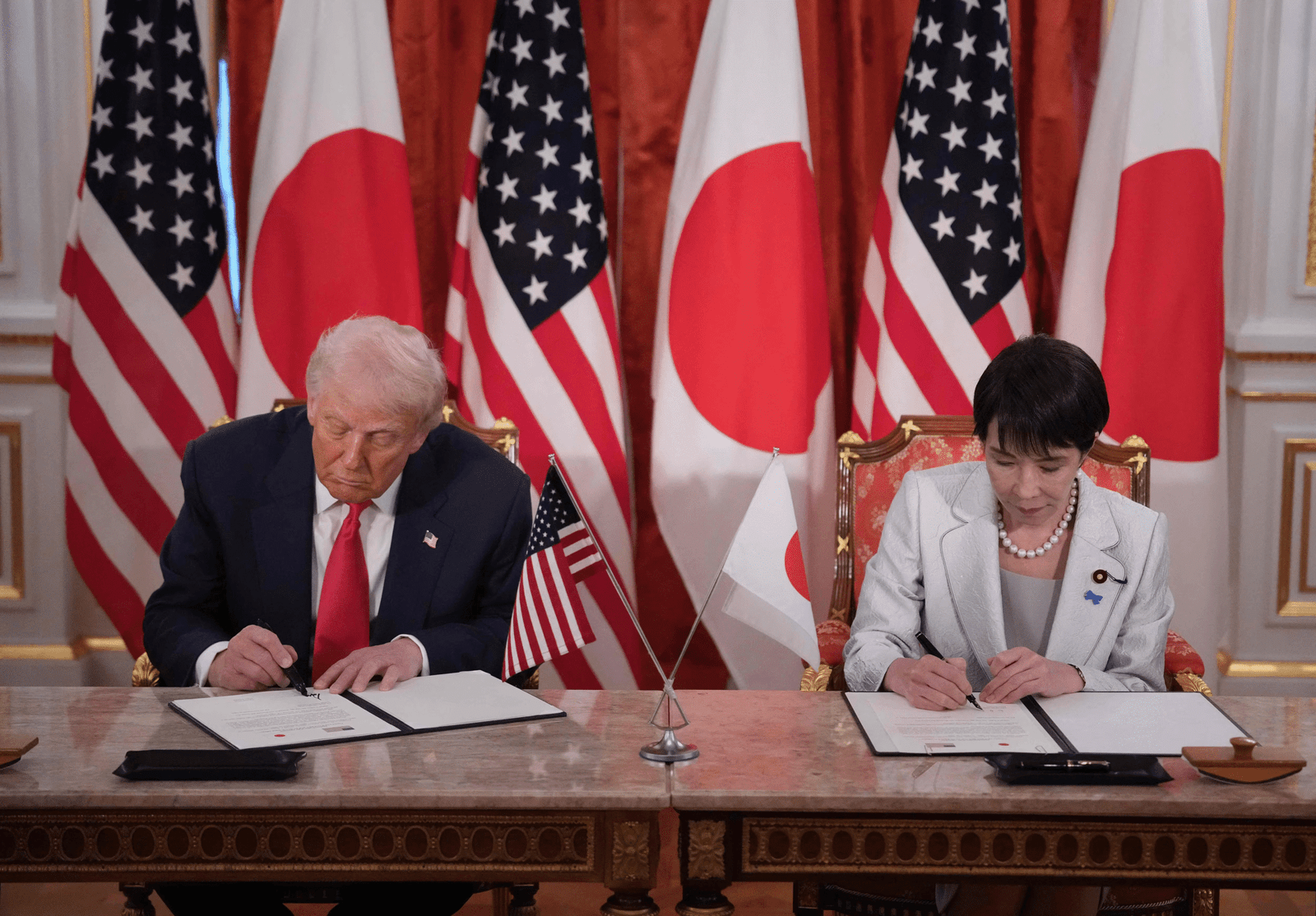January 20, 2025
Context
Since regaining control of Afghanistan, the Taliban has imposed restrictions on women’s education, barring girls from attending school beyond the sixth grade and halting medical training programs for women. These measures have drawn international condemnation and have significantly impacted the country’s healthcare system and overall development.
Sher Abbas Stanikzai’s Appeal
In a rare public dissent, Sher Abbas Stanikzai, the political deputy at the Taliban’s Foreign Ministry, has openly criticized these educational bans. Speaking at a religious school in Khost province, Stanikzai stated that there is no justification in Islamic law for denying education to women and girls. He emphasized that such restrictions constitute a significant injustice and urged the Taliban leadership to reverse the policies.
Implications
Stanikzai’s remarks highlight internal disagreements within the Taliban regarding women’s rights and education. His stance aligns with international calls for the Taliban to uphold human rights, particularly those of women and girls. Figures like Malala Yousafzai have also urged Muslim leaders to advocate for Afghan women’s education. The United Nations and various countries have withheld recognition of the Taliban-led government partly due to these oppressive measures. Stanikzai’s advocacy may signal a potential shift in the internal discourse on women’s rights in Afghanistan.











